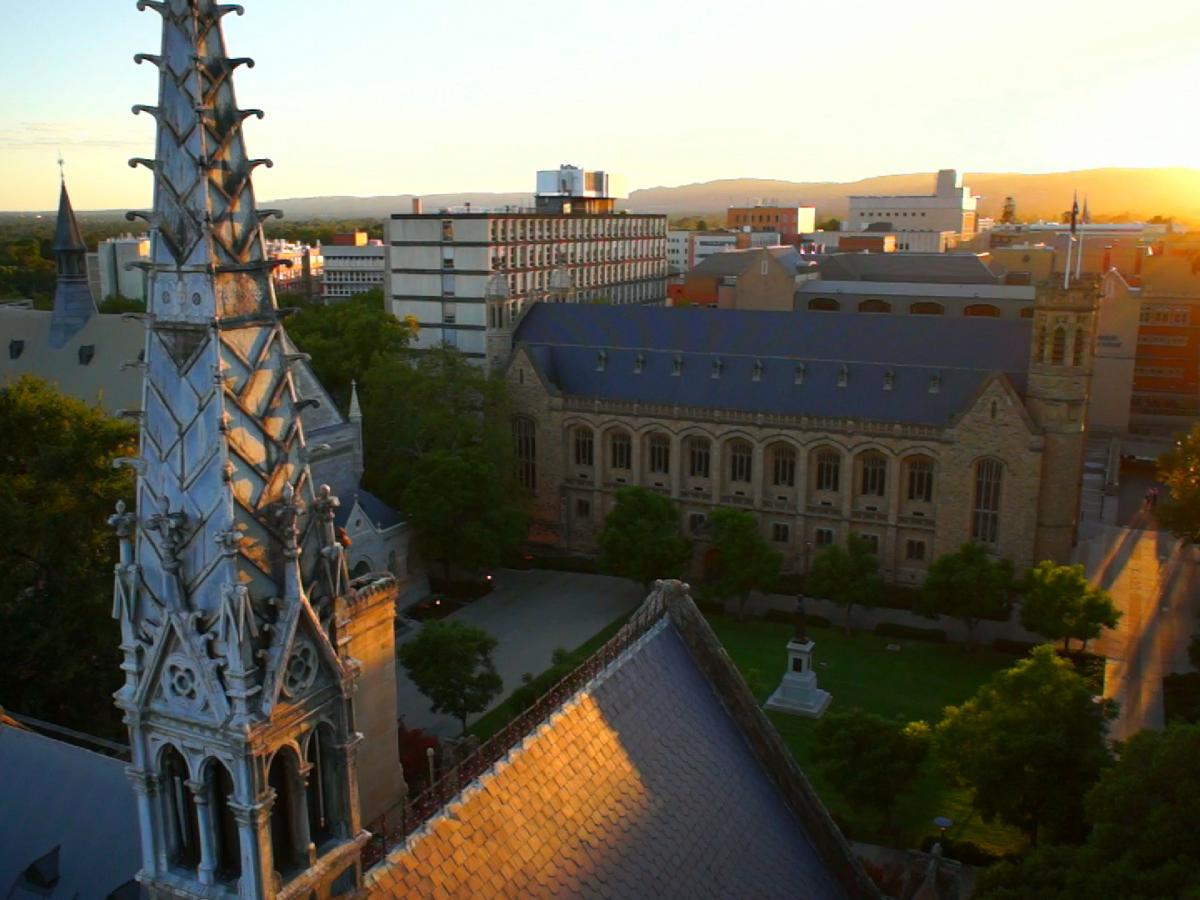
Five University of Adelaide projects have received more than $8 million in funding from the Australian Research Council's Linkage Infrastructure, Equipment and Facilities (LIEF) grant scheme.
A hydrogen storage facility, a chemistry study system and a site for biotech plants are among five University of Adelaide projects that have received more than $8 million in funding from the Australian Research Council's Linkage Infrastructure, Equipment and Facilities (LIEF) grant scheme.
The LIEF scheme provides funding for acquisition for key research equipment and infrastructure, allowing Australian researchers to undertake excellent basic and applied research and training.
It also prioritises collaboration and cooperative initiatives to allow Australian researchers access to expensive facilities nationally and internationally.
Professor Anton Middelberg, University of Adelaide Deputy Vice-Chancellor (Research), said it was a great result for the University.
"This vital funding will allow our researchers - in collaboration with their colleagues from other institutions - to continue to be world-leaders in innovation and developing cutting-edge technology," Professor Middelberg said.
"We couldn't undertake these significant projects without the support of the Federal Government and the Australian Research Council, so we thank them for their investment."
The five University of Adelaide projects to receive funding are:
- Integrated facility for underground hydrogen storage research - the state-of-the-art facility will enable site-specific experiments on hydrogen flow in porous media. This will enable Australia to make technological breakthroughs in critical areas of the economy, such as clean energy. Chief investigator: Professor Pavel Bedrikovetski. Funding: $1,929,000.
- A customised surface chemistry study system in realistic working condition - the project will support South Australia's cutting-edge X-ray photoelectron spectroscopy (XPS) capabilities, driving innovative research on a wide range of functional materials. The purpose-built XPS will investigate chemical signatures of material surfaces with unprecedented accuracy, from ultrahigh vacuum to near ambient pressure. Chief investigator: Professor Zaiping Guo. Funding: $2,206,421.
- Enabling the future of the Australian collider physics program - the project aims to fund the continuation of Australia's experimental particle physics program to explore how the universe works at its fundamental level. Researchers study subatomic matter at the energy frontier at CERN's Large Hadron Collider and the intensity frontier at Japan's SuperKEKB collider. Chief investigator: Professor Paul Jackson. Funding: $2,827,000.
- A multi-environment phenotyping site for biotech plants - the project will establish two unique facilities that aid evaluation of genetically modified or gene-edited crop plants and grain. Chief investigator: Associate Professor Stuart Roy. Funding: $1,042,177.
- Adaptive optics for advanced gravitational wave detectors - creating a full-scale facility for testing optical aberration correction schemes for the world's gravitational wave detectors. Chief investigator: Professor David Ottaway. Funding: $460,000.






